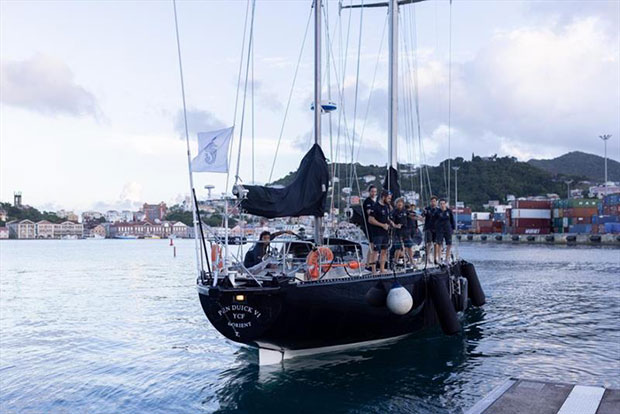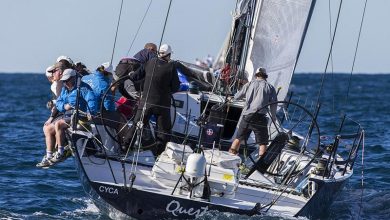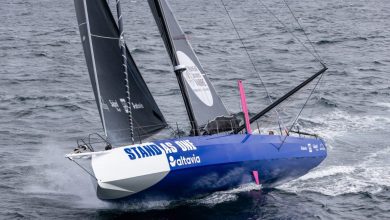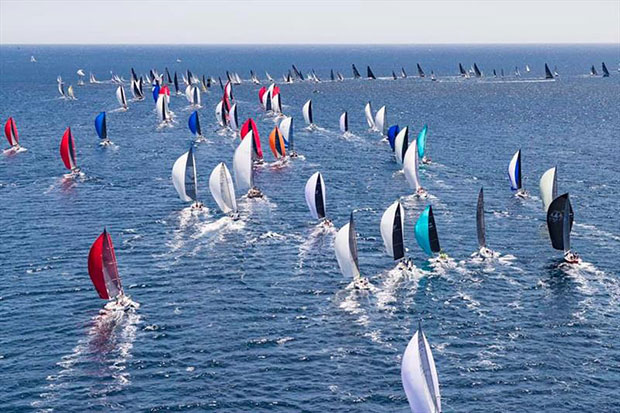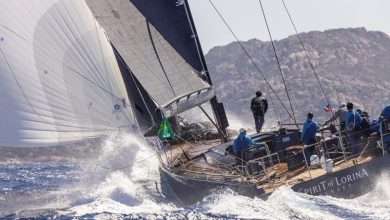Pacific Cup 2020 Cancelled

Race organizers for the 2020 Pacific Cup race from San Francisco to Hawaii have announced their decision to cancel the 2020 race, with the next race to be held the week of July 4, 2022.
“We’re terribly disappointed to take this step to cancel the 2020 race, but the health and safety of our participants, partners, and the many supporting volunteers must take priority,” said Pacific Cup Commodore Michael Moradzadeh.
An array of pre-race events and meetings are held at Richmond Yacht Club on San Francisco Bay. “Many of our members have raced in the Pacific Cup, and it’s been our pleasure to host racers and the race organizers for the events leading up to the race,” said Inge Lundegarrd, Commodore of Richmond Yacht Club. “We’re sad not to see the race go off in 2020, but we support this difficult decision. RYC is looking forward to a great 2022.”
The race finishes at Kaneohe Bay, Oahu. Kaneohe Yacht Club (KYC) has provided a warm welcome for the racers for most of the 40-year history of the race. “Participating in the race as entrants and as volunteers in our many host club committees has been a strong tradition at KYC,” said Mike Van Woerkom, KYC Commodore. “As we reviewed the developing situation with PCYC, however, it became clear that running the race in 2020 was simply not a prudent move.”
The events offered by the Pacific Cup organization go well beyond just a race and a party. Race preparation seminars (moved online in the face of social distancing), safety seminars, inspections, and maintenance of a “knowledgebase” of ocean-crossing information help make the Pacific Cup fleet well-prepared and safer.
“With the support of our sponsors, volunteers, and supporting clubs, we expect to make 2022 the best race yet,” says Commodore Moradzadeh. “In the meantime, we look forward to building our community online to get prepared for the next race, with active communication across our many social media channels and the sharing of great online programming via our website.”
by Pacific Cup

